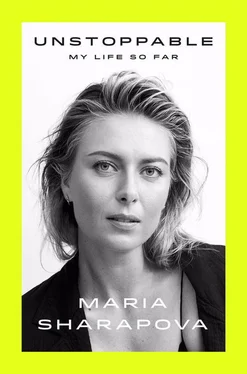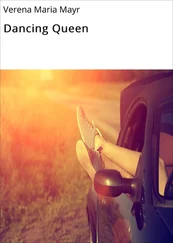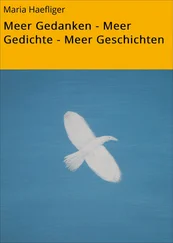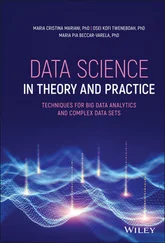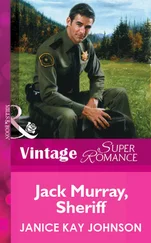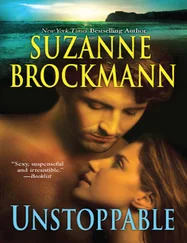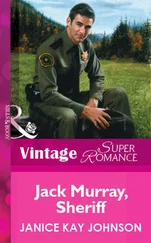He had me jump rope at the beginning and end of practice until my arms were ready to fall off. He explained that in the old days they didn’t do any of the gym bullshit they do now; it was all practical, simple stuff. So jump rope it was. I liked his approach, and I liked the feeling I left Santa Barbara with even more. I don’t remember the particular U2 songs on our drive home, mostly because I was dead asleep in the passenger seat, emotionally and physically drained from the hours of practice. It occurred to me that, although Michael was still running the practices and we were doing similar drills to those we had been doing for years, having Jimmy Connors on the sidelines watching my every move—silently, like a hawk—adds another gear of concentration, and desire. I didn’t want to miss a single ball in front of Jimmy Connors. I didn’t want to let any winner get by me. I pushed myself, scrambled, laser-focused.
About a month later, the night we were celebrating my Australian Open victory, I called Jimmy during our celebration dinner. I thanked him for spending those days on court together; I told him that they had inspired me. He told me he was happy for me. But he also said to make sure I don’t only call him when I win, but also when I lose. That stuck. And continues to be a very important quality I look for in people I come across. Will they want to hear from me when I lose? When I’m down?
It was strange, those days right after I won the Australian Open. Big things were happening, but not in a good way.
The first big thing: I separated from my father; I separated from Yuri. Not as a father of course—he and my mother will always be closer to me than anyone else in the world—but I separated from him as a coach. My father had always said you need to change it up, get together with new and different people every few years, because it adds energy and revitalizes routine and vanquishes boredom. Boredom, routine—those can be the most deadly foes of all. Eventually, and there is irony in this, Yuri’s advice led me to the conclusion that I had to separate from Yuri himself. For the first time, I could glimpse the end of my professional career. The players I’d made my name against were beginning to call it quits. Younger and younger players were coming up behind me. So this was the time: If I wanted to prove that I could do it on my own, win on my own, be a fully functioning player and fully functioning adult on my own, I had to do it now. By firing my father—that really is too harsh a term—I would be taking control of my life.
I sent him an e-mail because I felt that was the best way I could express my feelings. My father did not take it hard. He did not scream or throw a vase or overturn a table. In fact, he got it. He understood it. He said, “Now, Maria, yes, you have to live your own life.” Maybe he was ready to get off the road, to quit the endless rounds of airports, hotels, and arenas. My father has since dedicated himself to a life of serious active leisure, the beach and the mountains, skiing and exercising, reading and thinking about his beloved Tolstoy. He works out as if he were training for the senior Olympics. The grace with which he stepped away was his last great act as my coach. I continued on with Michael Joyce as my coach. Everything remained the same, and yet it was of course entirely different. Which might have been the only thing on my mind that year, if not for the second big thing that happened after I won the Australian Open.
It was a small thing at first—an ache in my shoulder when I served. But the pain got worse and worse. It reached the point where I did not even want to play, it hurt so much to serve. I cried after some matches, the pain got so intense. I tried to play through it, then to change my motion to alleviate the pain, which only threw other parts of my body into disarray. I was falling out of rhythm, losing my feel and confidence for the game.
Meanwhile, my trainer was treating me with ibuprofen and exercises and rubdowns, but none of it helped. The pain was always there, especially on my serve and high backhand volleys. If I played a point without pain, I was overjoyed. Then the pain roared back, and when it did, I was plunged into a panicky gloom. I became moody. My father finally said, “Look, Maria has always had a tremendously high threshold for pain. If it’s this bad, it must be something more than just the normal wear and tear.”
We went to see a doctor. He said it was tendonitis. The right rotator cuff. The tendon is like a big rubber band there, made of many small strands. These can become inflamed, even frayed—that’s tendonitis. In my case, he said it was probably caused by the repetitive motion of my serve. He told me to take it easy but to keep on playing—if you don’t move the tendon, it can get stiff and even lock. He told me to ice my shoulder after each session and take an anti-inflammatory. It might take a few weeks, he said, but the pain will fade.
“The pain will fade.”
Do you know how many times I heard that line? Too stinking many. I played and iced and took anti-inflammatories, but the pain did not fade. In fact, it got worse. I went to see another doctor. He took the same pictures and did the same tests and came back with a different diagnosis. It might’ve been tendonitis, but now it’s bursitis, he said. Without going into a lot of detail, suffice it to say bursitis is an inflammation of the tissue beneath the tendon. I was told to stop playing for a few weeks, put ice on the shoulder, and take anti-inflammatories for pain. Given time, they said, my shoulder would heal. In the worst-case scenario, there would be cortisone shots.
One day, after I’d done all that—didn’t play for two weeks, took anti-inflammatories, applied ice, even tried the cortisone shots—I laced up my shoes and went out to play. I hit some balls from the baseline—so far, so good. But as soon as I lifted my arm to serve and made contact, there was the pain, waiting for me, and worse than ever. I did not feel it when I hit a forehand. I could volley just fine. And I did not feel it every time that I went up for a serve, which was confusing, but I did feel it most of the time. It was right at the top of my shoulder—a sharp pain that sort of mellowed into a dull ache that lasted maybe ten seconds. While it was happening, I could think of nothing else, which made it impossible to play out points. I was devastated. When you are an athlete, your body is everything. When it fails, it’s so painful. It feels like you’re finished.
Someone recommended a doctor on the Upper East Side in New York, Dr. David Altchek, an orthopedic surgeon who’d seen everything that could happen to a shoulder. They said he was the best in the country. It took him about five minutes to know that I had a serious problem. He did a lot of tests—X-rays and MRIs—then sat me down in the waiting room. The news was not good. The bursa was not irritated. The tendon in my shoulder was not inflamed—it was torn. I had been playing for weeks with a torn tendon, which is why I had all that pain. It was probably a result of my serve, the repetition of that same violent motion. My shoulder rotated till my hand reached the middle of my back, exploding forward to meet the ball high in the air. Once, a few years before, a baseball coach who’d seen me serve took my father aside and said it was a motion he’d seen only in certain pitchers. He admired it and said it generated tremendous power, but warned my father that it could also cause tremendous injury later on. My father had forgotten all about this exchange, but remembered it now. He thought, “I knew she should be playing lefty.”
The doctor said I needed surgery. The tendon would have to be reattached, sewn back together. The sooner, the better. It was a serious operation for a tennis player. He did not sugarcoat it. Several tennis players had had shoulder surgery in the past, but none had made it back to the top. “You can overcome it,” he said, “but you will not be the same player.”
Читать дальше
